Psychedelics promote neural plasticity
The positive effects were not only structural, but functional – electrophysiological recordings found that the frequency and strength of neural currents were increased for many hours after the psychedelic compounds had been removed. Patients who suffer from depression and post-traumatic-stress-disorder tend to have impaired neurogenesis and neuroplasticity – their brain cells grow more slowly and…

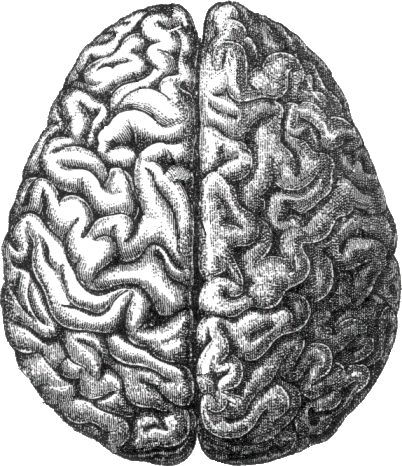

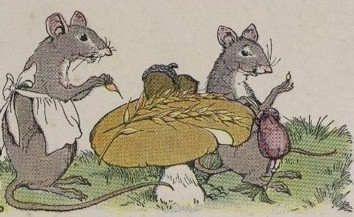
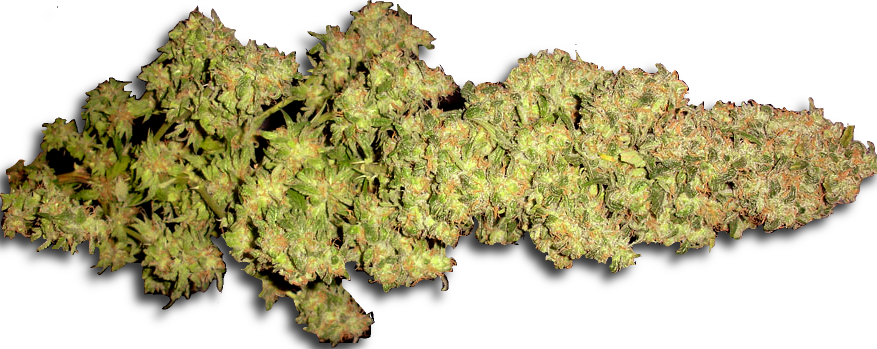



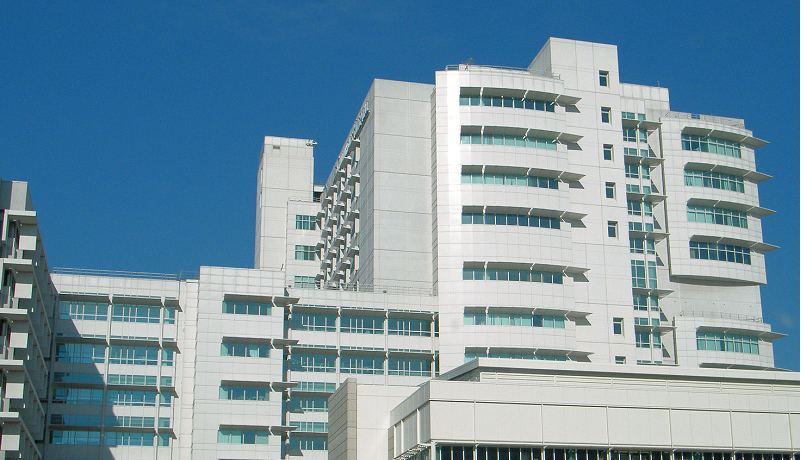

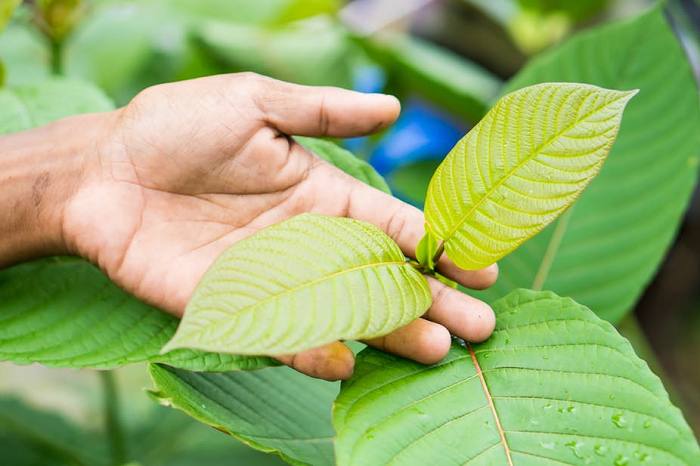
Recent Comments